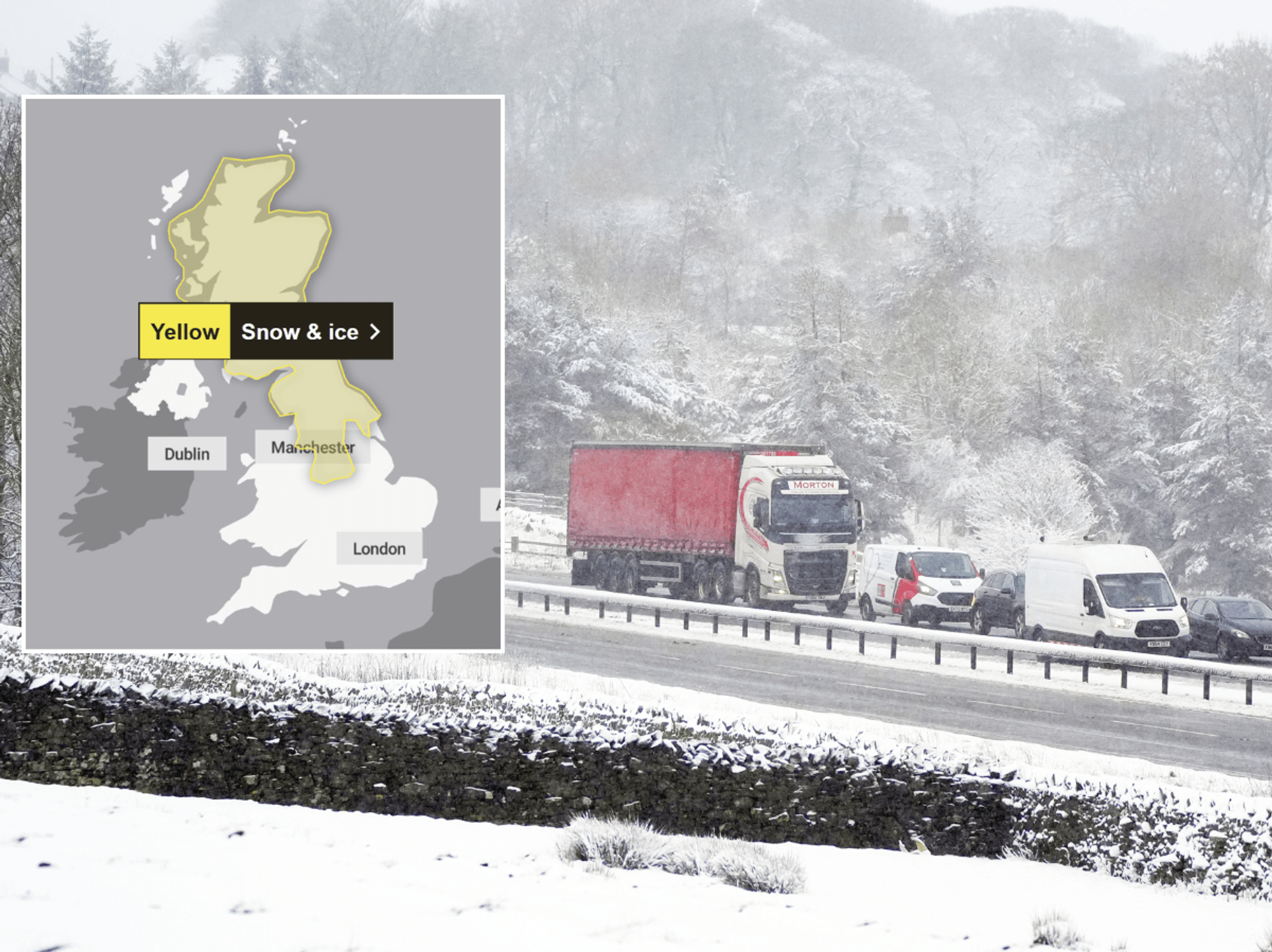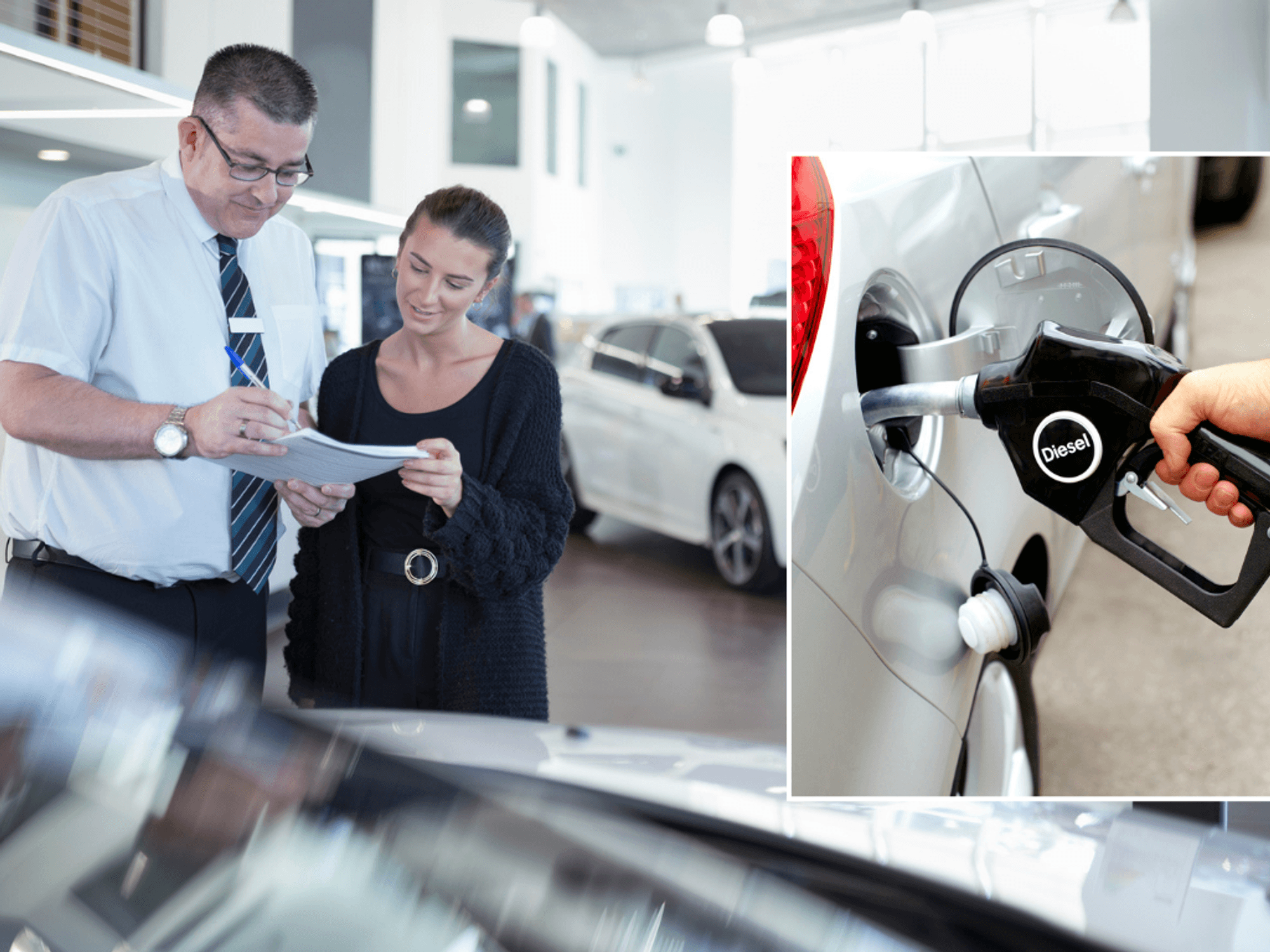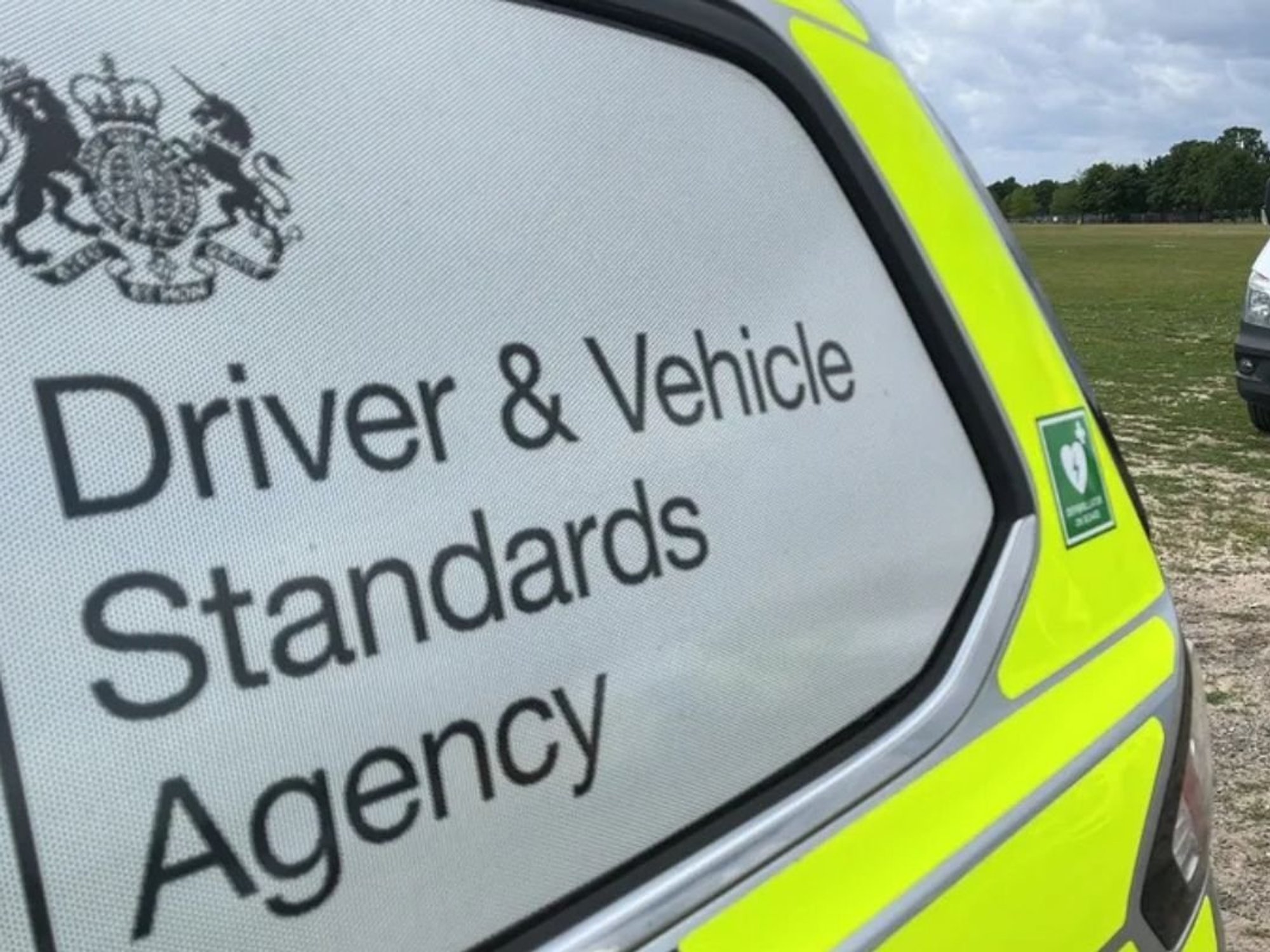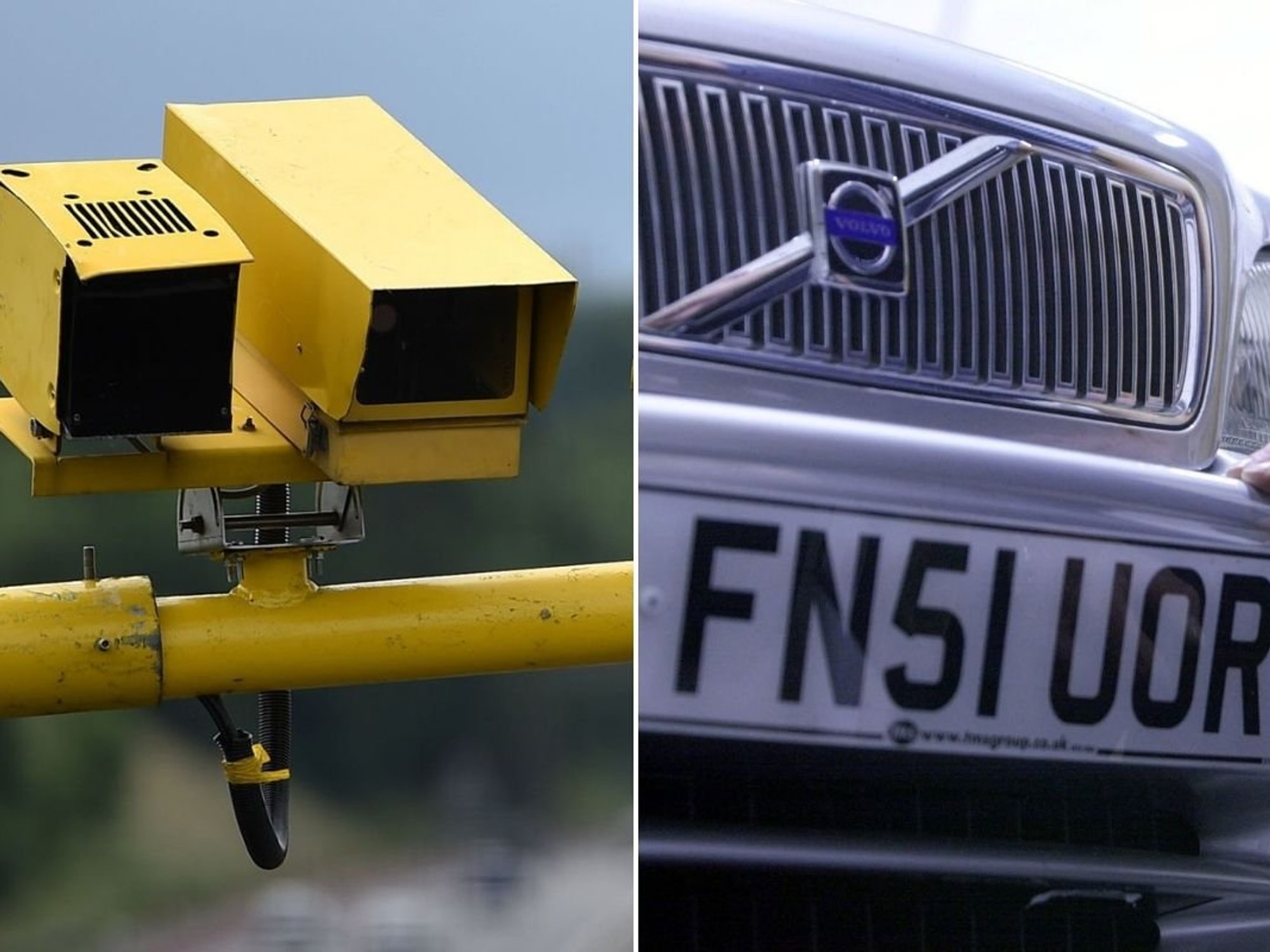Petrol and diesel cars to remain on roads for '20 years' despite looming 2030 ban
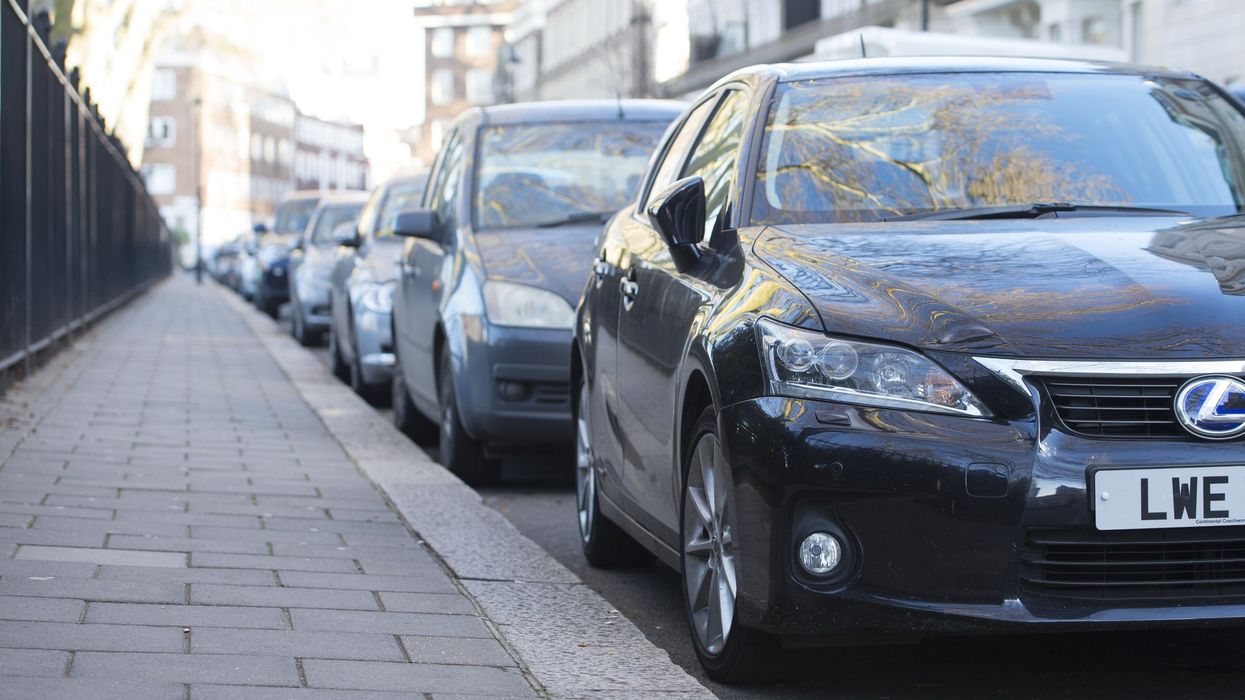
Sales of new petrol and diesel vehicles will be banned from 2030
|PA

Tests have shown that around 28 million Stellantis vehicles in Europe could use e-fuels
Don't Miss
Most Read
Car manufacturing giant Stellantis believes petrol and diesel vehicles could still be on the road until 2050, despite many countries planning to ban them before this date.
The Government has pledged to ban the sale of new petrol and diesel cars from the end of the decade, with a similar ban affecting hybrid vehicles form 2035.
While sales of new vehicles will be banned, millions of internal combustion engine vehicles will still be on the road in the 2030s and 2040s.
People will also still be able to sell and trade second-hand petrol and diesel vehicles after the 2035 deadline.
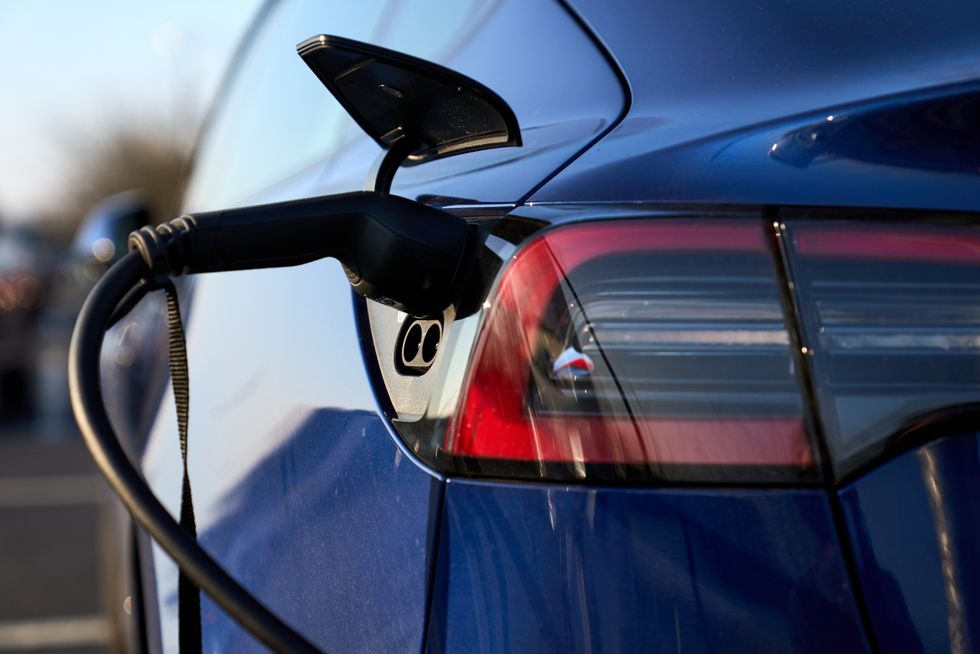
Stellantis will only sell electric cars from 2030
|PA
Christian Mueller, Stellantis' Senior Vice President, said many of the new ICE vehicles being sold by Stellantis between now and 2029 would still be on the roads in more than two decades.
He continued, saying: “We have to really take care about our inventory fleet.
“I think 25 per cent of our vehicles are still in use after 20 years. Hence, this kind of exposure time to e-fuels is considerable, very considerable.”
Mr Mueller added that the long lifespan of cars made the development of synthetic e-fuels more important.
Stellantis, whose brands include Citroen, Fiat, Jeep, Peugeot and Vauxhall, is the world’s third-largest carmaker by sales.
The conglomerate said it had run tests with Aramco, which found that 24 types of internal combustion engines in European vehicles it produced since 2014 can use advanced e-fuels without modification.
It is estimated that Stellantis engines which are compatible with e-fuels could represent around 28 million vehicles in Europe.
It is believed that this could reduce CO2 emissions by up to 400 million metric tonnes between 2025 and 2050.
The UK first introduced the lofty 2030 deadline in 2020, putting itself ahead of many other countries around the world.
The European Union agreed to a 2035 phase-out date, with the bloc excluding cars that run on e-fuels from the deadline, according to Reuters.
Despite this, Stellantis is still committed to only selling battery electric vehicles from 2030.
There are many sceptics of e-fuels, with people arguing that they are not a suitable alternative because of their high cost.
LATEST DEVELOPMENTS:
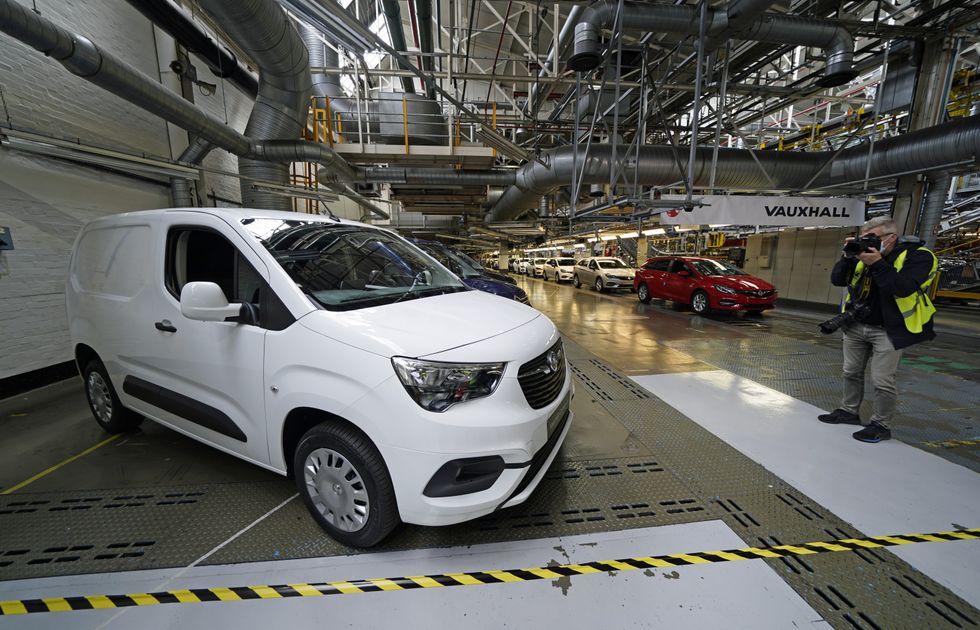
Stellantis owns brands including Vauxhall and Fiat
|PA
Some are also fearful that they are taking focus away from electric vehicles at a critical time when many countries and car brands are looking to electrify.







